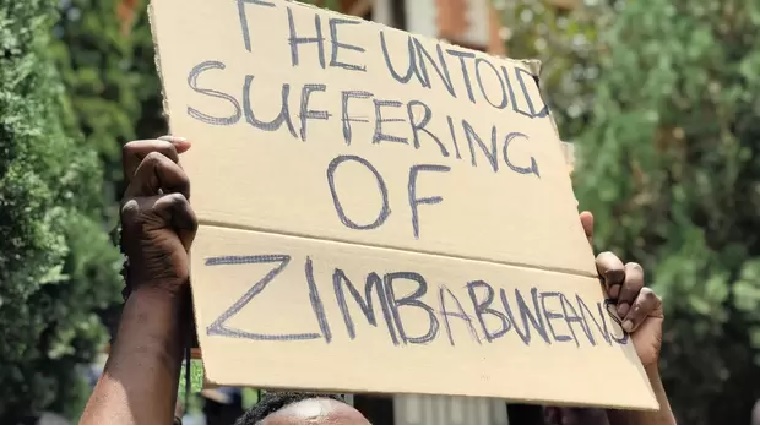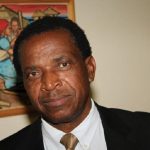 Not too long ago, three months ago in fact, fuel in Zimbabwe was cheaper than bottled water and flights from the country were some of the cheapest around.
Not too long ago, three months ago in fact, fuel in Zimbabwe was cheaper than bottled water and flights from the country were some of the cheapest around.
This was thanks to a fixed exchange rate that kept prices artificially low and stable, while punishing exporters whose foreign currency earnings sustained the fiction.
Predictably, this was sucking the life out of the golden goose, exporters, and worsened forex shortages. Basic goods started to run out, and there were clamours for an end to the fixed exchange rate system.
When the government eventually obliged, partially freeing up the exchange rate, it inevitably set off a domino of price increases.
On Tuesday, the country woke up to news that the price of bread, which has largely been held steady since the end of hyperinflation in 2009, had doubled.
Recent weeks have seen massive increases in the prices of basic goods and services, as the country’s currency has weakened by 28% to 1:3.19 since the central bank announced the end of the fixed exchange rate on February 22.
The black market rate, which seems to drive much of the pricing, was around 1:5 on Tuesday.
Bakers have always pushed to keep the bread price at US$1. The new price means bread is 70c on the black market rate and just over a dollar on the interbank rate. The price may continue to track the official dollar rate, if market forces are allowed. Wages, meanwhile, have barely moved.
Such has been the economic upheaval in recent months that many who opposed the deposed former president, Robert Mugabe, have found themselves pining for his rule just a year over his ouster.
Ironically, this staggering turn of events has largely been triggered by efforts to reverse the economic ruin wrought by Mugabe’s subsidy regime.
President Emmerson Mnangagwa’s shift towards market reforms has not been well communicated. Part of the reason is his ascension a mere eight months before a bitterly contested election in which he led a bitterly divided ruling party against resurgent opposition.
Politicians, at the best of times, are always economical with the truth. This is particularly so on the hustings.
It is ZANU-PF’s credibility deficit, and a less than satisfactory track record in following up on its plans and being consistent on policy, which makes it almost impossible for government to get its message across.
The other reason is the inherent deceit in Zimbabwean public discourse. Of course, government is the principal offender here, but not the only one.
Continued next page
(445 VIEWS)


